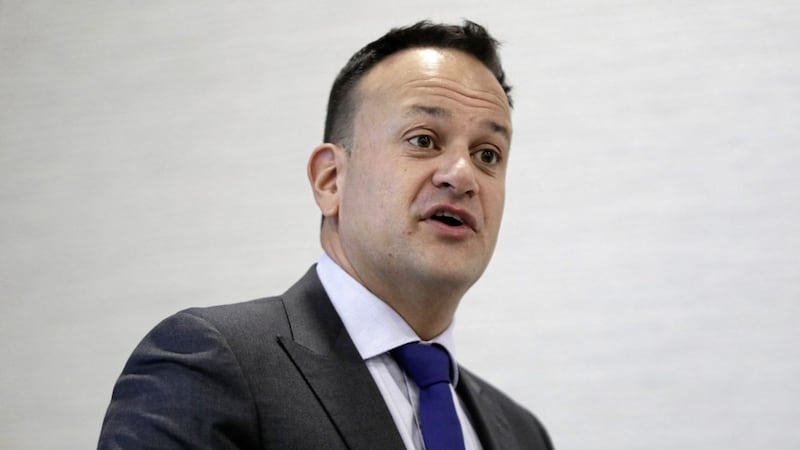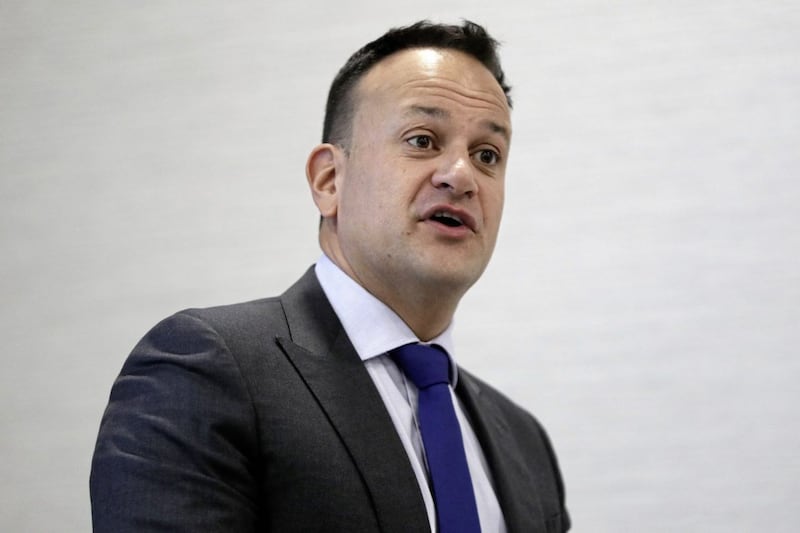SEÁN Ó hUiginn, one of the most gifted, subtle and clever officials Ireland has ever produced, said "taking out denial" was a crucial factor in making agreements with the British.
According to Ó hUiginn, the Good Friday Agreement took out the biggest British denial. Before the GFA they behaved as though "Dublin was like Bulgaria in terms of its relevance to the north".
It led the British to recognise an obligation of partnership in managing the north.
While that recognition may have slipped backwards over the past decade under Conservative governments who feel no ownership of the GFA, a Labour triumph, no agreement has managed to take out the denial of unionists or indeed the unionist media in the north. As far as they are concerned Dublin is still like Bulgaria.
There were four by-elections in the south last Friday, two in Dublin, one in Cork and one in Wexford. This newspaper covered them and discussed the results.
The Belfast Telegraph carried a Press Association report, par for the course, but for the most part they were ignored here.
Unionists think, 'Who cares, what's it got to do with here?'. Quite a lot in fact.
For a start, it matters who is Taoiseach, which party is in power, who that party is in coalition with, or has to depend on Independents, and who those Independents are.
That all matters to everyone in the north, unionists and nationalists, especially these days because of Brexit.
Even if that unspeakable chancer Johnson returns with a majority next week and pushes through his version of Theresa May's Withdrawal Agreement by January 31, that's only the end of the beginning.
We have no idea - perhaps Johnson hasn't either - what sort of relationship he will negotiate next year, or over the next five or more years; perhaps no deal.
Johnson's typically mendacious slogan, 'Get Brexit done', is meaningless. He has presented no plan for what the relationship with the EU will be in any aspect.
Over the last two-and-a-half years Leo Varadkar has followed a clear policy on Brexit which the EU has supported to the hilt.
It ended successfully in October with Johnson capitulating on the EU/Irish red lines. Influential figures in Varadkar's Fine Gael party urged him to rush to the polls on the strength of his success.
Friday's by-elections have upset all those calculations. Fine Gael lost all four - two to Fianna Fáil, one to the Greens and one to Sinn Féin.
Those results certainly took the shine of Varadkar's Brexit accomplishments. There's no one in Fine Gael calling for an election now.
The Greens topped the poll in an urban middle-class area in Dublin Fingal. Sinn Féin topped the poll in an urban working class area in Dublin Mid-West.
Food for thought for Varadkar if those results were replicated in a general election next year.
Of course, it always has to be said that by-election results in exceptionally low turnouts (one box in Cork North-Central was empty) can't be the basis for predictions, but still, you can't ignore them.
What happens if there is a Green surge among middle-class voters? What happens if Sinn Féin recovers from its disastrous performance last summer? What happens if Independents are wiped out?
If any two of those happen Varadkar will be out of a job because it will be Fine Gael losing the seats and it will be Fianna Fáil looking for assistance to form a government.
Would Micheál Martin have to eat his words and make a deal with Sinn Féin and the Greens, because it won't be Labour?
On the other hand it might be Varadkar having to make a deal with SF to make up for lost seats.
Be sure of one thing. Both Varadkar and Martin will deal with SF if it comes to a choice between going into opposition or leading a government. Does that matter here?




